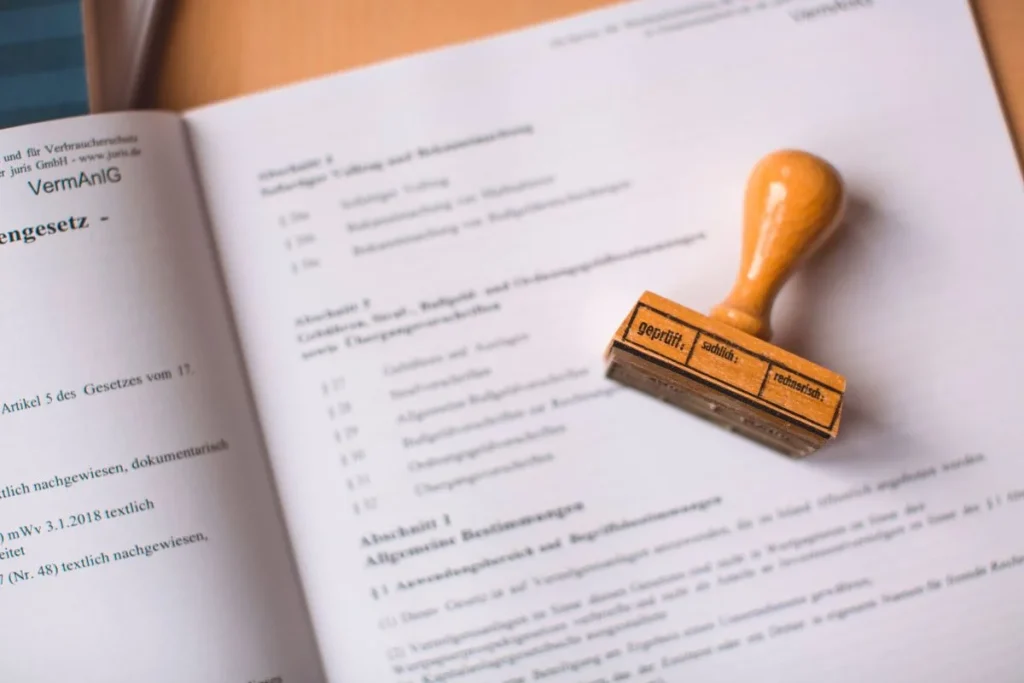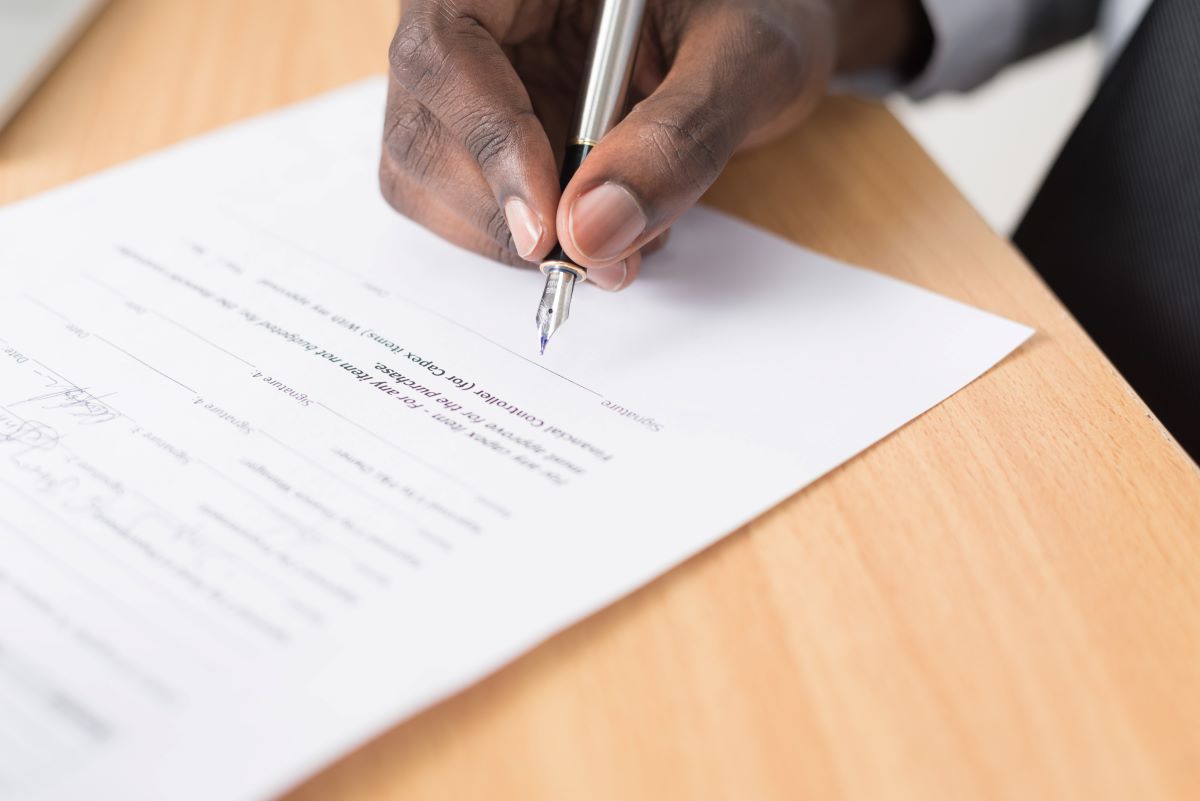In familiarizing yourself with property ownership in the Philippines’ real estate industry and the relevant technical processes that are required, you will need to understand how to transfer land title in whatever city or municipality you are in. Depending on your local government, the differences in processes regarding property title transfers comprise the prices of the fees and what documents are needed. Otherwise, learning how to transfer land title in the Philippines follow a usual format.
Definition of a Property Title

A property title or land title is a legal document that indicates authorized and official ownership of a property. This document is considered absolute and conclusive, which makes a land or property title integral and essential to be possessed by every property owner. Possessing a registered land title in the Philippines not only protects your rights as an owner of a specific property in the real estate industry, but you can also utilize it as collateral for securing bank loans or transactions.
How a Property Title Differs From a Deed of Absolute Sale
Both the Deed of Sale and the Land Title in the Philippines are documents, however, their respective purposes are different. The Deed of Sale, also known as the Deed of Conveyance, is the official proof of the transaction between the seller and buyer concerning a property. When the Deed of Sale is notarized and signed, it serves as proof that the obligations of both the seller and buyer have been fulfilled.
The Land Title, on the other hand, is the official proof of ownership of a property. When getting familiar with how to transfer the title of property Philippines, it is useful to understand that the Deed of Sale is one of the primary documents required to transfer land title in the Philippines.
Furthermore, it is worth noting that it is the Registry of Deeds that maintains the records of Land Titles in the Philippines. In proceeding with the transfer of land title in the Philippines, there are various documents that you need to secure.
Required Processes

The Deed of Conveyance
Arguably the most explicit document in terms of stating that the property is having a change of ownership, the Deed of Conveyance is the primary document to have possession of in the land title transfer process. In addition, there may be cases wherein similar documents take the place of the Deed of Conveyance instead, such as a Deed of Donation or Deed of Absolute Sale (also called the Deed of Sale). Upon submitting the Deed of Conveyance, an Acknowledgement Receipt should be issued to the seller.
Ensure that you possess eight copies of the Deed of Conveyance, which seven of the eight copies will be submitted to the following:
- Buyer’s Licensed Real Estate Broker
- Seller’s Licensed Real Estate Broker
- Homeowner’s Association
- Seller
- Notary Public
- Relevant government agencies (e.g., the Registry of Deeds, Bureau of Internal Revenue, etc.)
- Buyer
The eighth copy will be the extra copy that can be useful if ever the need for it arises.
The Tax Clearance
A staple found in anything related to properties or the real estate industry is the necessity for processes regarding taxes. In order to secure tax clearance relevant to a property title transfer, you will first need to prepare the following documents:
- Clearance certificate issued by the Homeowners Association (if the property is located inside a subdivision or house and lot) – Ensure the certificate is notarized.
- Management Certificate (if the property is located inside a condominium) – Ensure the certificate is notarized.
Latest Official Receipts of Real Property Tax payments
- Latest Tax Declaration
- Previous Tax Clearance (if there are any)
- Special Power of Attorney (that is apostilled or notarized) and a valid ID (if another person instead of you shall process the title transfer)
These documents will need to be submitted to the Office of the Treasurer in the municipality or city where the property undergoing the title transfer is located. Upon submission of the documents, the Treasurer will issue you the Tax Clearance for the property.
Certified True Copy Documents

- Secure a Certified True Copy of the latest Tax Declaration from the Assessor’s Office of the municipality or city where the property undergoing the title transfer is located in. When requesting for this document, state that the document will be used for Bureau of Internal Revenue purposes.
- Secure a Certified True Copy of the Title from the Registry of Deeds that has authority or jurisdiction over the the property undergoing the title transfer.
Photocopies of required documents
- Photocopy of Birth Certificate (have the original copy ready if needed) in case proof is needed regarding the relationship of the donee and donor or the decedent and the heirs (which is relevant to the Deed of Conveyance)
- Photocopy of Marriage Certificate (if applicable; have the original copy ready if needed)
- Photocopy of the Certificate of No Marriage (CENOMAR) issued by the Philippine Statistics Authority (if applicable)
- Photocopy of the IDs of every signatory that is involved in the Deed of Conveyance; and every photocopy must have 3 written signatures of the respective ID owner. These IDs must not be expired.
Other required documents
- Certificate of No Improvement issued by the Assessor’s Office from the location of the property undergoing the title transfer
- Map of the property’s location (Google Maps is acceptable)
- Official Receipt of the Notary Public for the notarization of the Deed of Conveyance (i.e., the Deed of Sale, Deed of Absolute Sale
- 3″ x 5″ color photos of the property’s facade (for land and house, the house number must be included; while for a condominium, the building and building name, as well as the unit door and the door number, must be visible)
- Special Power of Attorney (SPA) – This document must be signed by the seller, and is required (by government agencies like the Registry of Deeds, Bureau of Internal Revenue, etc.) if another person will process the title transfer for you.
Duplicate copies of specific documents
- Condominium Certificate of Title for either an office condo, residential condo, or parking unit
- Transfer Certificate of Title for either a house and lot, land, or a lot with improvements
Pertinent Payments

It is expected that a property title transfer comes with fees. The price of the fees can vary depending on the local government of the municipality or city in which the property undergoing the title transfer is located.
To give you an idea of what fees to expect and the nature of their prices, enumerated below are some relevant taxes and fees when you transfer land title in the Philippines:
- Withholding Tax – Payment that is applicable only to corporation-owned properties; the seller pays for this fee.
- Capital Gains Tax – Payment that costs 6% of the selling price of the property, using the details of the Deed of Conveyance as basis; the buyer pays for this fee.
- Transfer Tax – Payment that costs 75% of 1% (if in Metro Manila) or 50% of 1% of the worth of the property; the buyer pays for this fee.
- Documentary Stamp – Payment that costs 1.5% of the selling price of the property, using the details of the Deed of Conveyance as a basis; the buyer pays for this fee.
Related Blog: Know the Different Real Estate Laws


